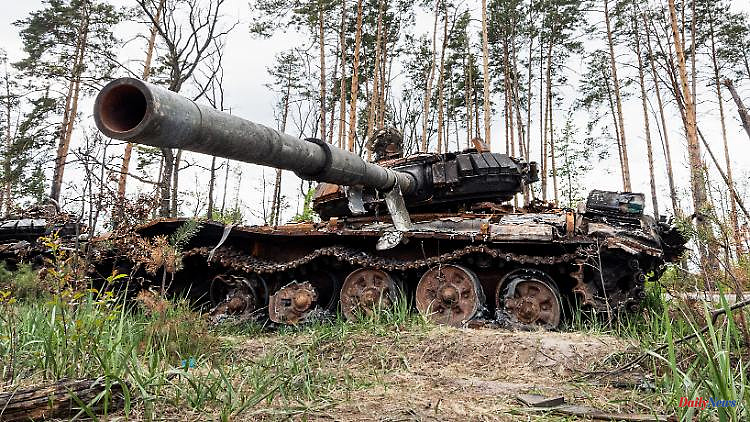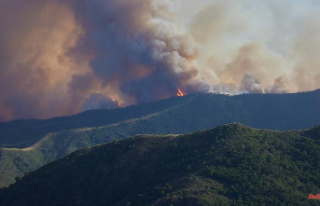Right at the beginning of the Russian attack on Ukraine, Moscow units roll towards Kyiv. With the help of a 15-year-old, the defenders are able to stop a military column west of the capital. The youth tracks down the unit with his drone and relays the information.
According to a media report, a Ukrainian youth helped smash a convoy of Russian military vehicles in the Kyiv area in the early days of the Russian invasion. As Canadian news site Global News reported, the teenager tracked down the Kremlin association with his private drone in late February and gave the coordinates to Ukrainian forces, who then opened fire.
"I was scared. But I didn't want the Russian soldiers to overrun my city," 15-year-old Andrii Pokrasa told the portal. The Ukrainian military approached him because they needed accurate GPS data for their artillery. With neighbors fearing that the drone would be a target of Russian attacks, Pokrasa, along with his father, launched his reconnaissance mission after dark from a nearby field.
"It was one of the largest columns moving on Zhytomyr Street and we were able to locate it because one of the trucks had its headlights on," Pokrasa said. His father then forwarded the information to the armed forces via an app, stopping the Russian advance near the town of Berezivka, about 40 kilometers from Kyiv. "He was the only one who had experience with drones in this region," army commander Yuri Kasyanov told Global News. "He is a real hero, a hero of Ukraine."
After the mission, Pokrasa continued to help scout Russian military movements. The teenager has now fled to Poland with his mother, where he is going back to school to finish the ninth grade. The successful attack causes mixed feelings in Pokrasa. "I was so happy that I could help," he said. "But there were also people in these vehicles. They were occupiers, but still people."












